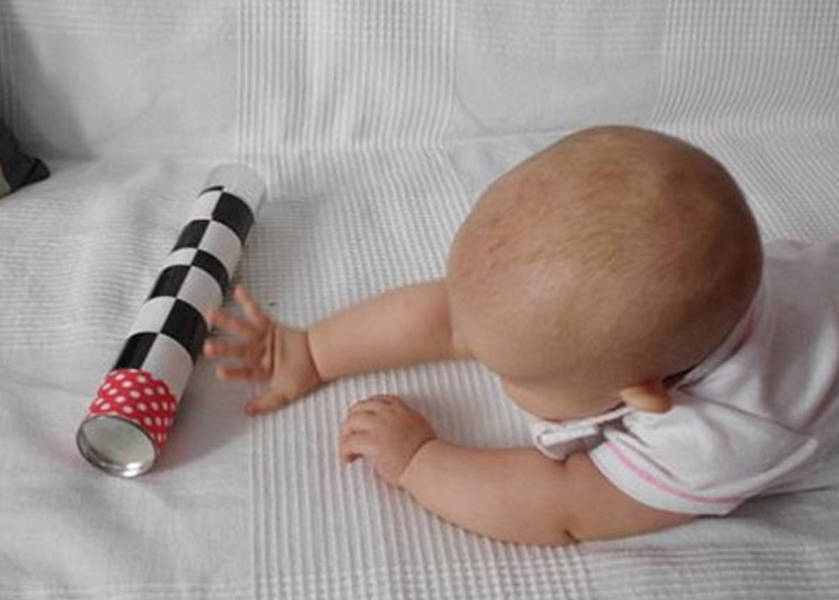
Small Interventions Make a Big Difference for Kids with Limited Vision
For children with limited or no vision, relatively small interventions can lead to significant improvements in overall quality of life.
That’s the premise of Greek nonprofit Amimoni’s Early Intervention Program, which seeks to help children—and their families—unlock their talents and abilities.
The program is designed for infants and children up to six years old with blindness or low vision, who may also be experiencing motor and neurological difficulties or developmental disabilities. The Early Intervention team, which consists of a child psychiatrist, psychologists, a social worker, occupational therapists, special educators, and a mobility trainer, organizes weekly sessions at each participant’s home.
During each session, an Early Intervention instructor engages the child in an hour of tailored play activities designed to help them increase awareness of their body and surroundings and become more autonomous.
The Amimoni instructor then spends half an hour helping the parents understand their child’s capabilities, manage challenges, and find solutions to practical problems like applying for benefits or helping their child integrate smoothly into their first school environment. The overarching aim, here and in special monthly parent counseling and support services provided by the program, is to make them feel more confident as parents.
The Early Intervention team also institutes minor, concrete adaptations in children’s environments that can have a big impact. For some children who have trouble concentrating on eating, the simple expedient of color contrast—putting a white plate on a dark placemat, for instance—can make an almost magical seeming difference.
Thomas is one of the 150 children in 20 cities across Greece who have made significant progress through the program. In just six months, the length of time Thomas could stay in his parents’ arms increased from five minutes to half an hour. When he drops a toy, instead of crying because he can’t see where it fell, he now looks for and finds it himself.
The Early Intervention Program, started in 2004 and recently supported by the Stavros Niarchos Foundation (SNF), is based on the belief that ability and disability are not purely biologically determined for children, but are affected by the environment in which they live. SNF has seen this theory put into action dozens of times over the years, but the children’s parents have seen it better than anyone.
“When Artemis was born, we were surrounded by excellent doctors but, at the same time, felt lost and helpless,” said one parent. “Thankfully, Amimoni came into our lives. They became our partners, guided us, helped us understand our daughter’s issues and become better parents. We saw Artemis’s vision improve—she has become very functional. But, mainly, they helped us understand that how much our child can see is not important. What is important is how much she can do with her vision, and how she can be happy.”